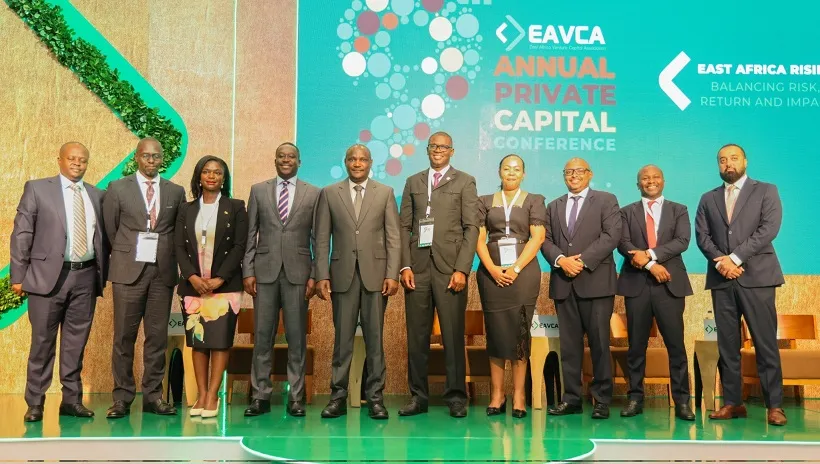Kenya’s private equity and venture capital (PEVC) sector remains attractive despite global economic uncertainties, with investors emphasizing the need for stable policies to sustain growth. Speaking at the 9th Annual Private Capital Conference hosted by the East Africa Venture Capital Association (EAVCA) in Nairobi, EAVCA Chairman David Owino highlighted the role of regulatory clarity in unlocking both international and domestic capital flows.
Owino noted that frequent changes in business tax regimes and central bank regulations have created uncertainty in the investment landscape. “Private equity does not only do equity investment, we also do private debt. If regulations are passed in such a way that they limit international flows in the form of debt into the country, it is not good for us,” he said.
Amid global shifts, including the impact of new U.S. tariffs projected to slow venture capital inflows into startups, Owino stressed that Kenya could leverage its youthful and skilled population while strengthening local investment mechanisms. “We have money in pension funds, money managers, and even Saccos. If we channel these resources effectively, we won’t have to rely solely on global flows,” he added.
National Treasury and Economic Planning Cabinet Secretary John Mbadi outlined government efforts to position Kenya as a regional financial hub through the Nairobi International Finance Centre (NIFC). Key incentives include a 15% corporate tax rate for carbon exchange firms, a 5% capital gains tax for firms investing at least Ksh 3 billion, preferential tax rates for start-ups and regional headquarters, and exemptions from withholding tax on dividends reinvested above Ksh 250 million.
Mbadi emphasized that mobilizing private investment through capital markets, public-private partnerships, and direct injections into the private sector would support Kenya’s economic growth.
Despite optimism, an earlier EAVCA report revealed challenges, with disclosed transaction values dropping by 66% in the first quarter of 2025 to $1.6 billion, down from $4.7 billion in the previous quarter and below the $2.9 billion recorded in Q1 2024.

